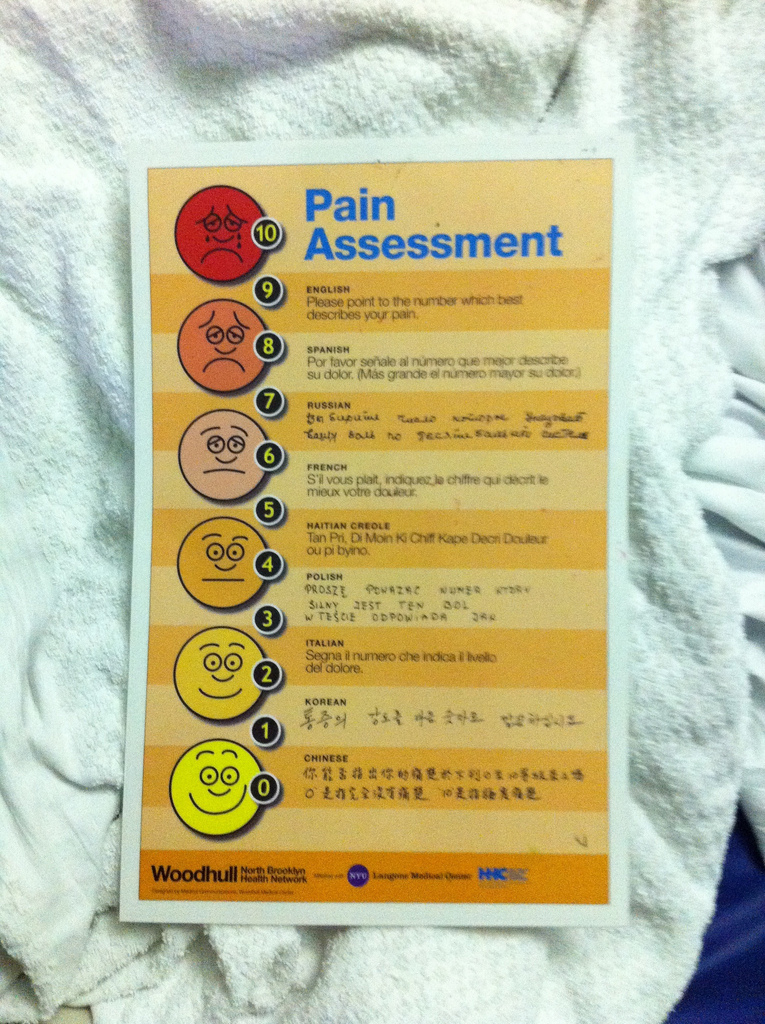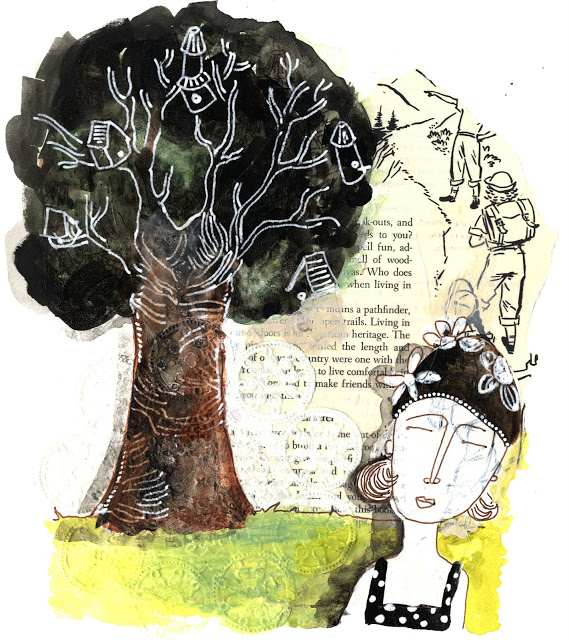
By Karen Dempsey
On vacation with my younger sister, Megan, and our families, I was sorting the laundry, her family’s from mine, when I called out to her, “Do you have a beige bra?”
“Noooo …” she said. “Because I’m not ninety.”
“Hey,” I said. “I have the same bras you have—I bought that push-up you told me about.”
“In beige?” she asked, laughing.
I was defensive: “Beige goes with everything!” I tossed the bra onto the pile of my clothes. Jeans and t-shirts. Khaki shorts. Frumpy underwear.
Clinging to hangers in the dim corner of my closet are some remnants of my life before kids, before forty. The sleek gold tank dress I bought for a trip to Bali, when I wore little clothing and a lot of DEET. The green wool skirt that my tailor exclaimed over before tsking protectively over the hemline. “A little higher,” I negotiated, and he shook his head, sighing, “Ah, my girl.”
Those clothes I’ve been holding onto might not fit any longer—my body, or my life. But Megan’s right: at least I can have nice underwear.
I ordered some bras from the Gap Body store online. They came in the mail stuffed with hard tissue-paper cups to hold their shape. My husband John tossed one of the cups at me, teasing, “Aren’t you supposed to leave those in?”
The bras fit okay, but they were still sort of ordinary. I decided to exchange them for some non-beige underwear. But they sat in my closet until the next time I was headed to the mall—which happened to coincide with a visit from my father, who decided to come along.
“I need to buy some underwear and return a bra,” I said to my father—very directly— as he rode beside me in the car. “Do you have any errands you need to run?”
He shrugged. “I’ll just come with you.”
Divorced for three decades and on the verge of leaving the business he spent his life building, my father is a man defined by his faith. He carries in his pocket a string of rosary beads and prayer cards with photos of Pope John Paul the Second and Mary, the Mother of Christ.
My parents—Irish, Catholic, junior high sweethearts—married young and had seven children together. They divorced when I was ten. I spent alternate weekends visiting my father, my pajamas and a change of clothes stuffed into the folds of my rolled up sleeping bag. When I started wearing a bra, I stuffed that in deeper—probably along with my well-worn copy of Forever.
Bras were a nod to my developing femininity—to sexuality. Although my father and I talked about a lot of things as I grew up, bras weren’t among them. I am fairly sure that up to this point in his seventy years, he has also been spared the task of shopping for them.
But I was well past adolescence. Married. With two children. He didn’t seem to be giving it a second thought. So I why was I?
At the mall, he followed me into Gap Body.
He trailed along behind me among the displays of silk and lace. It’s just The Gap, I reminded myself. But my father’s face was already turning red. I had already picked out a style online and, when a twenty-something, khaki-clad boy appeared and chirped, “Is there something I can help you with?” I decided to aim for efficiency.
“I’m looking for the—satin hipster?” I tried to speak softly, but the boy clerk, whose named tag read Justin, wasn’t having it. He nearly clapped with enthusiasm. “Thong or panties?” he shouted.
“Just—the panties,” I said, avoiding my father’s glance.
Justin led me through the store. My father followed, his face fixed in a blank expression.
Waving a thin arm over the display table like a magician, Justin announced: “Low-rise. Ultra low-rise.”
I scanned the table. White, gray, beige. Megan’s admonitions popped into my head. “Do you have anything more in back?”
“We don’t.” He smiled apologetically. “You were hoping for the lace?”
“Um,” I said. “Just maybe something with a pattern?”
I felt my father shift beside me. “You know, it’s fine. I’ll just order them online.” I said. “I do have a bra to return, though.”
Justin took the bra to the register and held it up high.
“Cinnamon red,” he said approvingly. “Ultra plunge.”
I looked at my father, almost against my will, but he did not look at me. He gestured toward the door and finally—finally—headed outside to wait.
He was quiet in the car for awhile then said, “You must be trying to get revenge on me for something. All those times I embarrassed you when you were young.”
At home over dinner, my husband John asked about our day.
“My daughter took me to the unmentionables store,” my father said. “With all the women’s underwear.”
“It was The Gap!” I said, exasperated.
But John nodded in sympathy, and my father frowned at me in a very familiar way. Reduced to the role of recalcitrant child, I did the only thing I could. I blamed my sister.
•••
KAREN DEMPSEY has written for The New York Times Motherlode blog, Babble, and Brain, Child. She lives in Massachusetts. Read her work at kdempseycreative.com or follow her @karenedempsey.

 Follow
Follow

